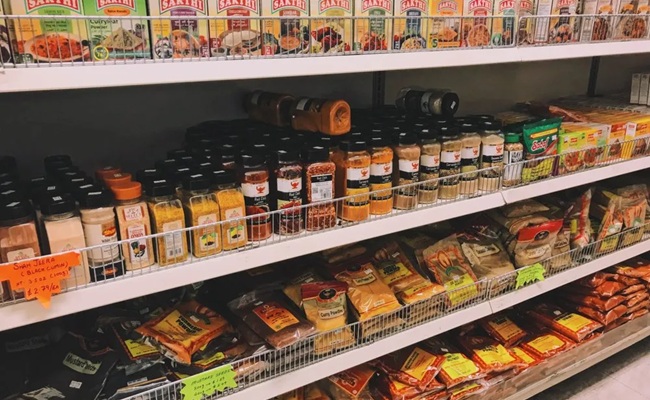
Indian restaurants, grocery stores, and food importers across the Bay Area are feeling the pinch as the U.S. government’s 25% tariff on Indian imports takes effect.
The tariff, introduced on August 7 as a sanction over India’s purchase of Russian oil, could potentially rise to 50% if no agreement is reached between the two countries by August 27.
From basmati rice and fragrant spices to frozen naan and lentils, the higher import duties are directly impacting the cost of staple Indian goods.
Distributors are now advising retailers to raise prices, leaving business owners with little choice but to pass on the increases to customers.
Some store owners are taking smaller profit margins to soften the blow, raising prices by less than the actual tariff impact. Still, shoppers are noticing the difference, with many commenting on significant jumps in their final bills.
Restaurant operators are facing similar challenges. While some source produce and meats locally, they still rely on essential Indian ingredients such as cinnamon, cloves, cardamom, and authentic Basmati rice, which cannot be replaced by imports from other regions.
Importers note that the full effect of these tariffs may take weeks to be felt, as goods already in transit are still arriving at the old rates. However, with shipments taking up to 40 days by sea and air freight costs climbing, higher prices are inevitable.
The tariff hike poses a major challenge for businesses already operating on thin margins, and many fear that a jump to 50% duties would further strain both owners and customers. As one importer put it, “It really is a lose-lose.”












1768616630.jpg&width=113&height=62&action=resize&quality=100)

